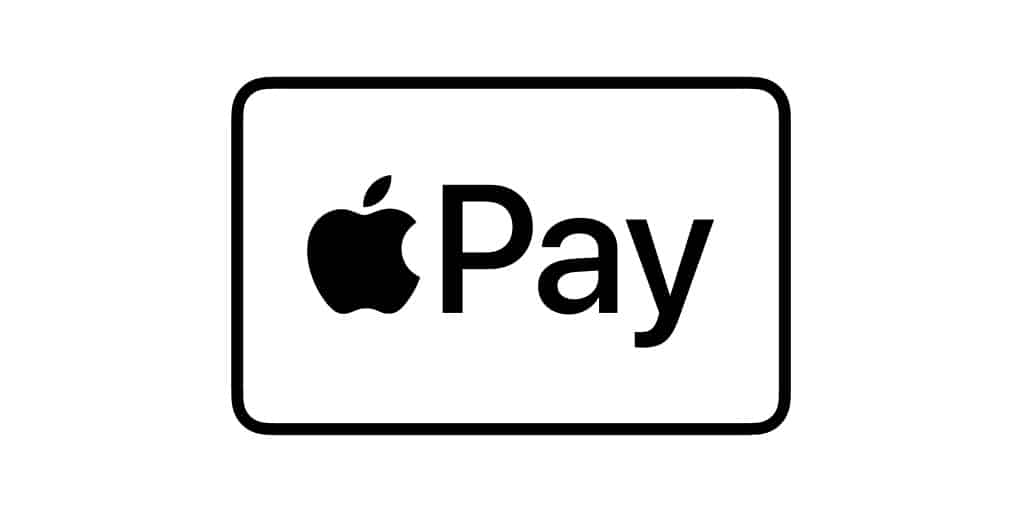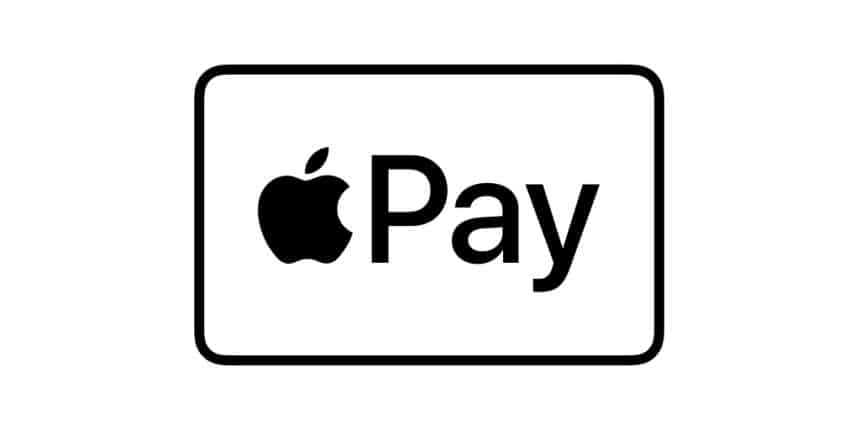The Consumer Financial Protection Bureau (CFPB) has announced increased oversight of digital wallets, including Apple Pay, Google Pay, and Venmo. This move reflects the growing importance of digital payment platforms and aims to address concerns surrounding consumer privacy and fraud.
“Digital payments have evolved from a convenience to a necessity,” said CFPB Director Rohit Chopra. “Our oversight must adapt to protect consumers and promote fair practices.”

A New Rule for Payment Systems
The CFPB’s new regulation applies to tech firms processing more than 13 billion financial transactions annually. This threshold captures major players in the industry, such as Apple Pay, making them subject to stricter scrutiny. The rules aim to enhance transparency, prevent illegal account closures, and safeguard consumer data.
Apple has not publicly commented on this decision. However, the company has previously opposed similar regulations in other regions, such as Australia, citing potential risks to innovation and increased regulatory burdens.
Big Tech Under Fire
This announcement comes shortly after the CFPB fined Apple and Goldman Sachs $90 million over disputed Apple Card payments. It also follows ongoing debates about regulating digital wallets like banks and credit cards.
Critics argue that Big Tech payment systems have outpaced existing financial regulations, creating a gray area in consumer protection. The CFPB’s new rule seeks to close this gap, ensuring these platforms operate under similar standards to traditional financial institutions.
Future Implications
While the rule highlights the CFPB’s commitment to tackling the challenges of modern payment systems, its implementation timeline remains uncertain. The new Trump administration could potentially block the measure, accusing the CFPB of regulatory overreach.
As digital wallets continue to dominate the financial landscape, the CFPB’s actions mark a pivotal moment for consumers and tech companies alike. Whether this regulation fosters innovation or stifles growth remains to be seen, but one thing is clear: the era of unregulated digital wallets may be ending.












